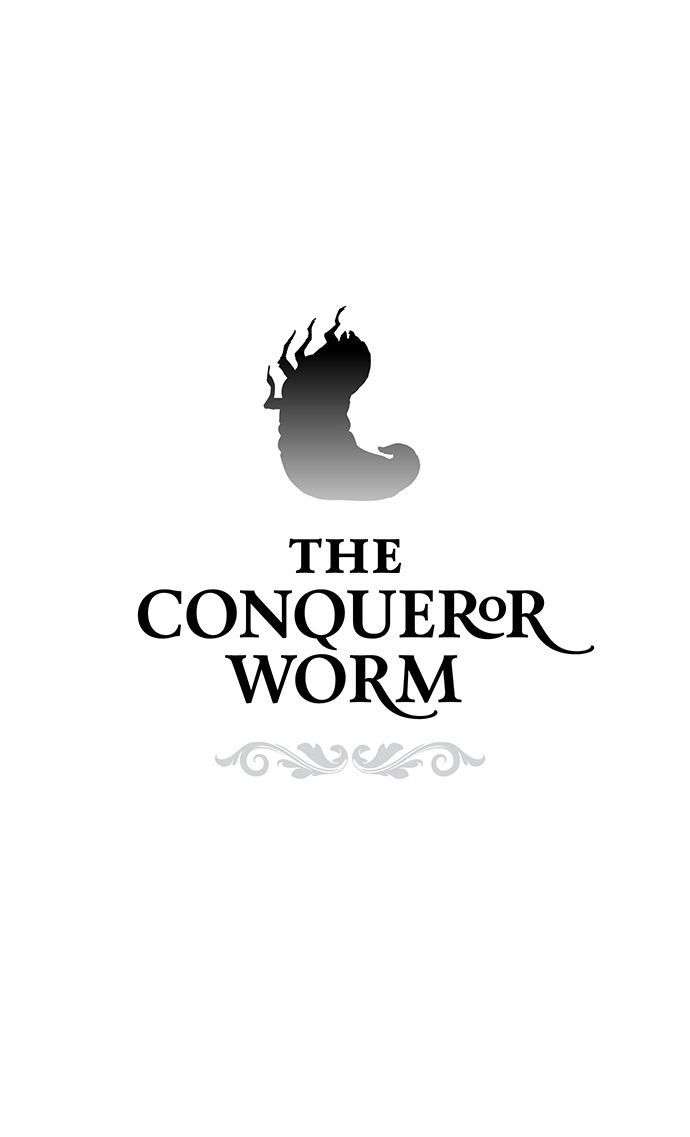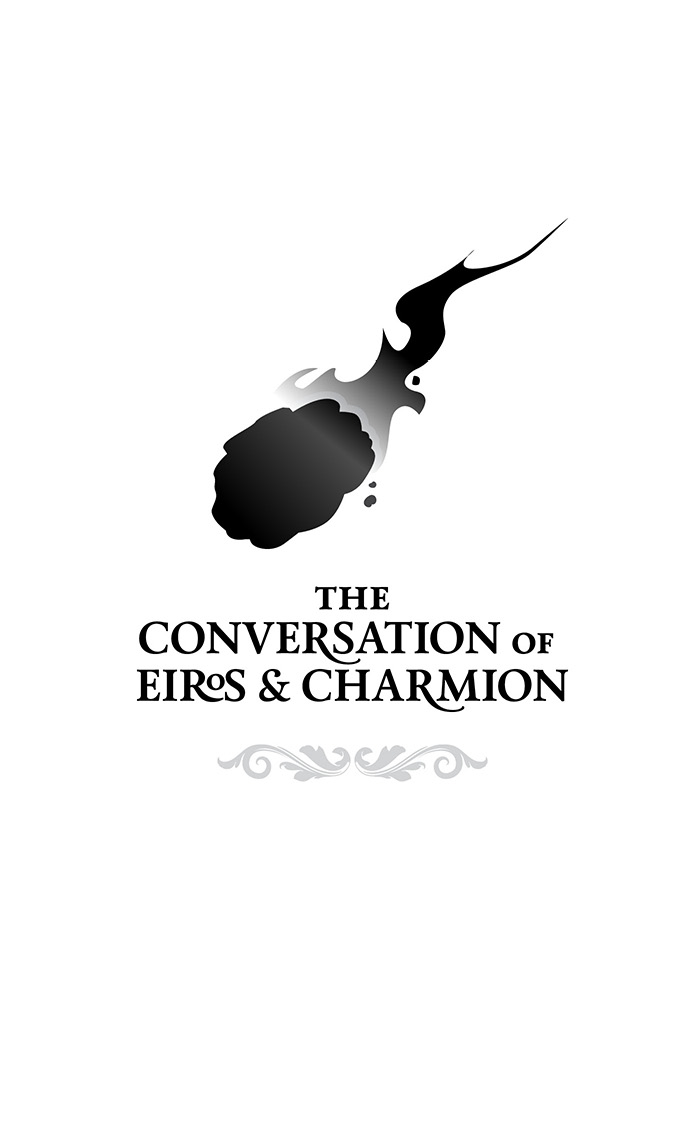The Slender Poe Anthology (13 page)
Read The Slender Poe Anthology Online
Authors: Edgar Allan Poe

The day waned; and, as its light faded away, I became possessed by a
vague uneasiness
â
an anxiety such as the sleeper feels when sad real
sounds fall continuously within his ear
â
low distant bell-tones, solemn,
at long but equal intervals, and mingling with melancholy dreams. Night
arrived; and with its shadows a heavy discomfort. It oppressed my limbs
with the oppression of some dull weight, and was palpable. There was
also a moaning sound, not unlike the distant reverberation of surf, but
more continuous, which, beginning with the first twilight, had grown in
strength with the darkness. Suddenly lights were brought into the
room, and this reverberation became forthwith interrupted into frequent
unequal bursts of the same sound, but less dreary and less distinct. The
ponderous oppression was in a great measure relieved; and, issuing from
the flame of each lamp, (for there were many,) there flowed unbrokenly
into my ears a strain of melodious monotone. And when now, dear Una,
approaching the bed upon which I lay outstretched, you sat gently by
my side, breathing odor from your sweet lips, and pressing them upon
my brow, there arose tremulously within my bosom, and mingling with
the merely physical sensations which circumstances had called forth, a
something akin to sentiment itself
â
a feeling that, half appreciating,
half responded to your earnest love and sorrow; but this feeling took
no root in the pulseless heart, and seemed indeed rather a shadow than a
reality, and faded quickly away, first into extreme quiescence, and then
into a purely sensual pleasure as before.
And now, from the wreck and the chaos of the usual senses, there
appeared to have arisen within me a sixth, all perfect. In its exercise
I found a wild delight
â
yet a delight still physical, inasmuch as the
understanding had in it no part. Motion in the animal frame had fully
ceased. No muscle quivered; no nerve thrilled; no artery throbbed. But
there seemed to have sprung up in the brain, that of which no words
could convey to the merely human intelligence even an indistinct
conception. Let me term it a mental pendulous pulsation. It was the
moral embodiment of man's abstract idea of
Time
. By the absolute
equalization of this movement
â
or of such as this
â
had the cycles of the
firmamental orbs themselves, been adjusted. By its aid I measured the
irregularities of the clock upon the mantel, and of the watches of the
attendants. Their tickings came sonorously to my ears. The slightest
deviations from the true proportion
â
and these deviations were
omni-prævalent
â
affected me just as violations of abstract truth were
wont, on earth, to affect the moral sense. Although no two of the
time-pieces in the chamber struck the individual seconds accurately
together, yet I had no difficulty in holding steadily in mind the
tones, and the respective momentary errors of each. And this
â
this keen,
perfect, self-existing sentiment of
duration
â
this sentiment existing
(as man could not possibly have conceived it to exist) independently of
any succession of events
â
this idea
â
this sixth sense, upspringing from
the ashes of the rest, was the first obvious and certain step of the
intemporal soul upon the threshold of the temporal Eternity.
It was midnight; and you still sat by my side. All others had departed
from the chamber of Death. They had deposited me in the coffin. The
lamps burned flickeringly; for this I knew by the tremulousness of
the monotonous strains. But, suddenly these strains diminished in
distinctness and in volume. Finally they ceased. The perfume in my
nostrils died away. Forms affected my vision no longer. The oppression
of the Darkness uplifted itself from my bosom. A dull shock like that
of electricity pervaded my frame, and was followed by total loss of the
idea of contact. All of what man has termed sense was merged in the sole
consciousness of entity, and in the one abiding sentiment of duration.
The mortal body had been at length stricken with the hand of the deadly
Decay
.
Yet had not all of sentience departed; for the consciousness and the
sentiment remaining supplied some of its functions by a lethargic
intuition. I appreciated the direful change now in operation upon the
flesh, and, as the dreamer is sometimes aware of the bodily presence of
one who leans over him, so, sweet Una, I still dully felt that you sat
by my side. So, too, when the noon of the second day came, I was not
unconscious of those movements which displaced you from my side, which
confined me within the coffin, which deposited me within the hearse,
which bore me to the grave, which lowered me within it, which heaped
heavily the mould upon me, and which thus left me, in blackness and
corruption, to my sad and solemn slumbers with the worm.
And here, in the prison-house which has few secrets to disclose, there
rolled away days and weeks and months; and the soul watched narrowly
each second as it flew, and, without effort, took record of its
flight
â
without effort and without object.
A year passed. The consciousness of
being
had grown hourly more
indistinct, and that of mere
locality
had, in great measure, usurped its
position. The idea of entity was becoming merged in that of
place
. The
narrow space immediately surrounding what had been the body, was now
growing to be the body itself. At length, as often happens to the
sleeper (by sleep and its world alone is
Death
imaged)
â
at length, as
sometimes happened on Earth to the deep slumberer, when some flitting
light half startled him into awaking, yet left him half enveloped in
dreams
â
so to me, in the strict embrace of the
Shadow
came that light
which alone might have had power to startle
â
the light of enduring
Love
.
Men toiled at the grave in which I lay darkling. They upthrew the damp
earth. Upon my mouldering bones there descended the coffin of Una.
And now again all was void. That nebulous light had been extinguished. That feeble thrill had vibrated itself into quiescence. Many
lustra
had supervened. Dust had returned to dust. The worm had food no more. The sense of being had at length utterly departed, and there reigned in its stead
â
instead of all things
â
dominant and perpetual
â
the autocrats
Place
and
Time
. For
that
which
was not
â
for that which had no form
â
for that which had no thought
â
for that which had no sentience
â
for that which was soulless, yet of which matter formed no portion
â
for all this nothingness, yet for all this immortality, the grave was still a home, and the corrosive hours, co-mates.

First published in
Graham's Magazine
in January 1843,
The Conqueror Worm
was later integrated into the tale Poe thought his best,
Ligeia;
wherein the vastly erudite and strangely beautiful Ligeia beckons her narrator-husband near and asks him to “repeat certain verses composed by herself not many days before.” Later on that night, she yields herself unto death.
The poem's action occurs in a cosmic theater of cruelty. Angels watch the playing of a motley drama. Motley was the many-colored dress of a court Fool, the one whose sharp wit was given protection to speak uncomfortable truths by the King.
I wonder if Poe would agree that the Conqueror Worm might also serve as a metaphor for a venal capitalism as âthe mimes become its food.”

THE CONQUEROR WORM
Lo! 'tis a gala night
Within the lonesome latter years!
An angel throng, bewinged, bedight
In veils, and drowned in tears,
Sit in a theatre, to see
A play of hopes and fears,
While the orchestra breathes fitfully
The music of the spheres.
Mimes, in the form of God on high,
Mutter and mumble low,
And hither and thither flyâ
Mere puppets they, who come and go
At bidding of vast formless things
That shift the scenery to and fro,
Flapping from out their Condor wings
Invisible Wo!
That motley dramaâoh, be sure
It shall not be forgot!
With its Phantom chased for evermore,
By a crowd that seize it not,
Through a circle that ever returneth in
To the self-same spot,
And much of Madness, and more of Sin,
And Horror the soul of the plot.
But see, amid the mimic rout
A crawling shape intrude!
A blood-red thing that writhes from out
The scenic solitude!
It writhes!âit writhes!âwith mortal pangs
The mimes become its food,
And the angels sob at vermin fangs
In human gore imbued.
Outâout are the lightsâout all!
And, over each quivering form,
The curtain, a funeral pall,
Comes down with the rush of a storm,
And the angels, all pallid and wan,
Uprising, unveiling, affirm
That the play is the tragedy, “Man,”
And its hero the Conqueror Worm.

This is the last of the dialogues in this collection, though it was the first written, composed in 1836. It has one of my favorite lines from Poe:
Be of heart and fear nothing.
Good advice for this most apocalyptic of tales; something from interstellar space is heading our way.
Samuel Taylor Coleridge, English Romantic poet-critic, about whom Poe “cannot speak but with reverence,” said in one of his famous lectures, “â¦for that man is indeed a slave, who is a slave to his own senses, and whose mind and imagination cannot carry him beyond the distance which his hand can touch, or even his eye can reach.”

